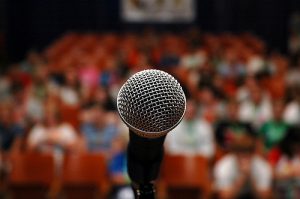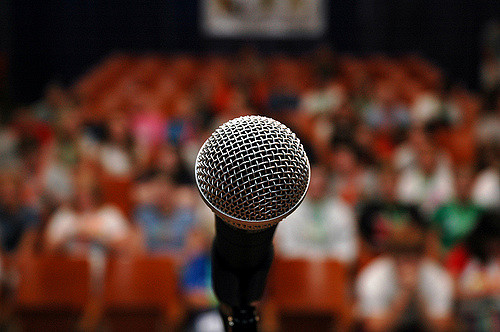
One of the most joyous customs associated with the holiday of Sukkos is the celebration of Simchas Bais Hashoaevah. In the times of the Bais HaMikdash, a water libation accompanied the customary offerings. Simchas Bais Hashoaevah, literally, the Joy of the Water Drawing, was observed with a most ebullient celebration. It included a marvelously varied array of harps, lyres, cymbals, and trumpets, among other instruments. The greatest sages and most pious of rabbis performed acrobatics and antics that would have normally been below their dignity. In fact , the sages in Tractate Sukkah 51, note that, “one who has not seen the celebration of the Bais Hashoaevo has never seen true joy.”
Rambam (Maimonides) discusses this aspect of exuberance and adds that “one who in his insolence restrains himself from serving Hashem in a joyous manner is a sinner and fool.” Yet the Rambam adds a caveat. “But this joy was not performed by the ignorant ones and by anyone who wanted (to dance). Only the great sages of Israel, the heads of Yeshivos and the Sanhedrin, the pious, the elders and men of righteous action would dance, clap, and sing in the Bais haMikdash on Sukkos. Everyone else, men and women would come to watch and listen” (Rambam Hilchos Lulav 8:14).
This passage begs explanation. Why shouldn’t everyone, even the most profane of men, sing and dance and make merry in celebration of the L-rd? Further what does the Rambam mean by not including “those who want to dance”?
Ultimately, anyone who ended up dancing, even the most pious of sages, obviously wanted to dance. What, then, does he Rambam mean when he said that this joy was not performed by anyone who wanted to dance? A classic story circulates in all Jewish humor anthologies.
Before the start of the Ne’eilah service, the holiest and final supplication of Yom Kippur, the rabbi rose from his seat and bolted toward the Holy Ark. He spread his hands toward heaven and cried out, “Ribbono Shel Olam, Master of the Universe, I am a total nothing before you! Please inscribe me in the book of life!”
All of a sudden the chazzan (cantor) ran toward the Aron and joined the rabbi! “G-d Almighty,” he shouted, “please forgive me, too, for I am truly a nothing before you!” There is an awed silence amongst the congregants.
The shammas (sexton) then followed suit. He, too, ran up toward the ark and in tearful supplication pronounced, I too am a nothing!”
Mouths around the congregation dropped open. The President of the synagogue’s men’s club, Ed Goldstein, a large man, was also caught up in the fervor of the moment. Suddenly, he, too, bolted from his seat in the back, and lumbered toward the front of the shul. With great eagerness he prostrated himself in front of the Ark and cried out at the top of his lungs. “Forgive me Oh L-rd he shouts, for I too am a nothing! Suddenly a shout from the back of the synagogue was directed toward Goldstein’s hulk of a figure. It shouted with incredulity. “Harrumph! Look who thinks he’s a nothing!”
Rambam teaches us that whoever runs to dance and sing and make himself crazy is not truly lowering himself before the Almighty. If someone inherently likes to cavort wildly, then he is not dancing for the sake of lowering himself before the Almighty, rather he is having a wonderful time. When King David liberated the Aron (Ark of the Covenant) from the Phillistines, he danced in front it as if he were a lowly slave. When confronted by his wife, Michal, for dancing like a servant, he retorted. “I would make myself even lower before Hashem.”
When rejoicing during the festivities we must bear in mind our true reasons for enthusiasm — who we are, and why we dance. Because in order to be a nobody, you gotta be a somebody.
Chag Sameach
Rabbi Mordechai Kamenetzky
Copyright © 1998 by Rabbi M. Kamenetzky and Project Genesis, Inc.
If you enjoy the weekly Drasha, now you can receive the best of Drasha in book form!
Purchase Parsha Parables – from the Project Genesis bookstore – Genesis Judaica – at a very special price!
The author is the Dean of the Yeshiva of South Shore.
Drasha is the e-mail edition of FaxHomily, a weekly torah facsimile on the weekly portion
which is sponsored by The Henry and Myrtle Hirsch Foundation
Books by Rabbi Mordechai Kamenetzky:
 |
 |


